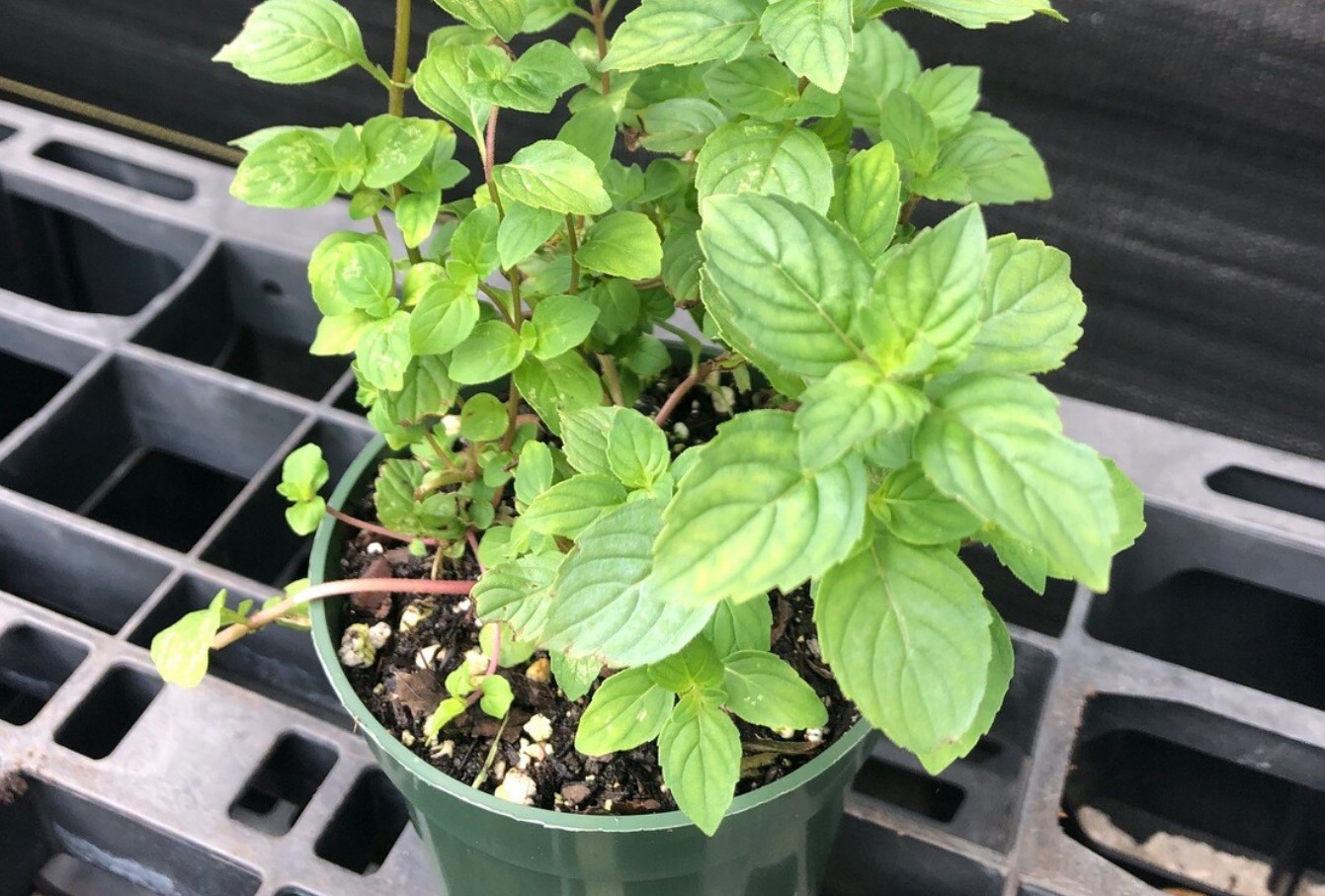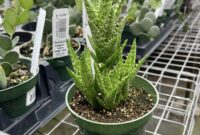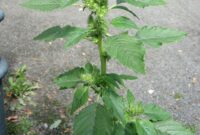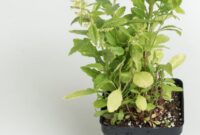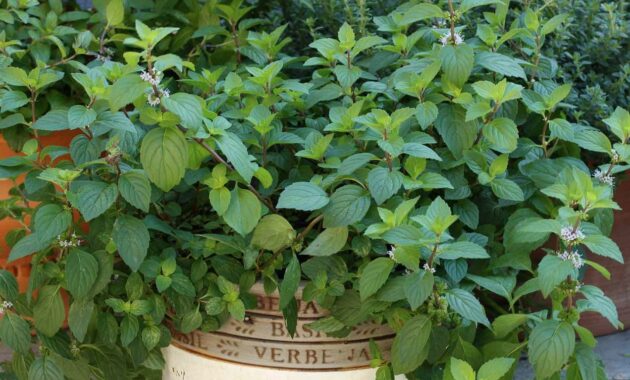
What is Mentha dahurica?
Mentha dahurica, often referred to as Dahurian mint or Chinese peppermint, is a perennial herb native to East Asia, particularly China, Korea, and Japan. It’s a member of the mint family (Lamiaceae) and is closely related to other popular mint species like peppermint and spearmint. This aromatic herb has been used for centuries in traditional medicine and culinary practices due to its numerous health benefits and distinctive flavor.
Growing Mentha dahurica
Mentha dahurica Plant Care
Mentha dahurica is relatively easy to grow and thrives in a variety of conditions. Here are some tips for successful cultivation:
- Sunlight: While it can tolerate partial shade, it prefers full sun for optimal growth and essential oil production.
- Soil: Well-drained, fertile soil is ideal. It can adapt to different soil types but performs best in rich, loamy soil.
- Watering: Keep the soil consistently moist but avoid waterlogging, as this can lead to root rot.
- Temperature: It is hardy to cold temperatures and can withstand freezing winters.
- Propagation: Mentha dahurica can be propagated through various methods, including:
- Seed sowing: Sow seeds directly into the ground in spring or start them indoors in trays.
- Stem cuttings: Take stem cuttings in spring or summer and root them in water or potting mix.
- Division: Divide established plants in spring or fall to create new plants.
Mentha dahurica Benefits
Mentha dahurica has been revered for its numerous health benefits. Some of the key benefits include:
- Digestive Health: It aids in digestion, relieves indigestion, and can help alleviate symptoms of irritable bowel syndrome (IBS).
- Respiratory Health: It can help soothe coughs, colds, and sinus congestion.
- Pain Relief: It has analgesic properties and can help reduce pain and inflammation.
- Mental Health: It may help alleviate stress, anxiety, and depression.
- Skin Health: It can be used topically to soothe skin irritations, acne, and insect bites.
Mentha dahurica in Herbal Medicine
In traditional Chinese medicine, Mentha dahurica has been used to treat a wide range of ailments, including:
- Headaches
- Fever
- Nausea
- Vomiting
- Abdominal pain
- Menstrual cramps
Where to Buy Mentha dahurica
Mentha dahurica plants and seeds are available at many nurseries, garden centers, and online retailers. You can also find Mentha dahurica essential oil, which is extracted from the plant’s leaves and stems.
Mentha dahurica Propagation Methods
As mentioned earlier, Mentha dahurica can be propagated through seeds, stem cuttings, and division. These methods allow you to easily grow your own plants and share them with others.
Uses of Mentha dahurica in Cooking
Mentha dahurica has a refreshing, slightly minty flavor that can elevate various dishes. Here are some culinary uses:
- Herbs: Fresh leaves can be used to flavor salads, soups, stews, and sauces.
- Tea: Dried leaves can be brewed into a soothing herbal tea.
- Infused Oils: The leaves can be infused into oils for use in dressings and marinades.
- Desserts: It can add a unique flavor to desserts like ice cream, sorbets, and fruit salads.
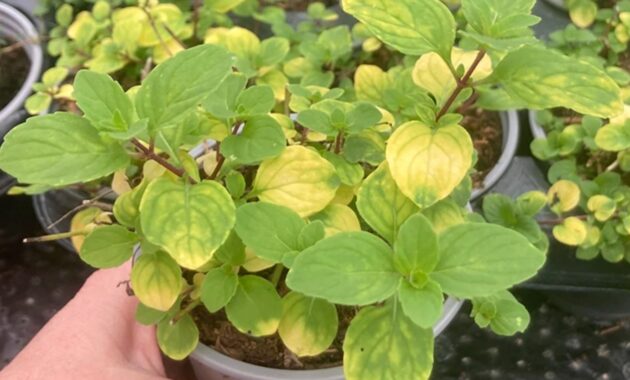
How to Grow Mentha dahurica at Home
Growing Mentha dahurica at home is relatively easy and rewarding. Follow these steps:
- Choose a location: Select a sunny spot in your garden or a container with well-draining soil.
- Prepare the soil: Amend the soil with compost or other organic matter to improve its fertility.
- Plant the herb: Plant the seedlings or cuttings at a depth of about 2 inches.
- Water regularly: Keep the soil consistently moist but avoid overwatering.
- Mulch: Apply a layer of mulch to help retain moisture and suppress weeds.
- Harvest: Harvest the leaves as needed, preferably in the morning when the essential oil content is highest.
Mentha dahurica Essential Oil Properties
Mentha dahurica essential oil is highly valued for its therapeutic properties. It contains various compounds, including menthol, which is responsible for its cooling and refreshing sensation. Some of the key properties of the essential oil include:
- Antimicrobial: It has antibacterial and antifungal properties.
- Analgesic: It can help relieve pain and inflammation.
- Antioxidant: It protects cells from damage caused by free radicals.
Mentha dahurica Traditional Uses
Mentha dahurica has a long history of traditional use in various cultures. Some of the traditional uses include:
- Culinary: It has been used as a flavoring agent in various dishes, including soups, stews, and desserts.
- Medicinal: It has been used to treat a wide range of ailments, such as headaches, fever, coughs, colds, and digestive disorders.
- Cosmetic: It has been used in various cosmetic products, such as perfumes, soaps, and lotions.
Health Benefits of Mentha dahurica
In addition to the traditional uses, modern research has confirmed many of the health benefits associated with Mentha dahurica. Some of the key health benefits include:
- Improved Digestion: It can help alleviate digestive issues like bloating, gas, and indigestion.
- Reduced Inflammation: It has anti-inflammatory properties that can help reduce pain and swelling.
- Boosted Immunity: It can help strengthen the immune system and protect against infections.
- Stress Relief: It has calming properties that can help reduce stress and anxiety.
- Improved Cognitive Function: It may help improve memory and focus.
Mentha dahurica Plant Habitat
Mentha dahurica is native to East Asia, particularly China, Korea, and Japan. It thrives in moist, shady areas, such as riverbanks, forests, and wetlands.
Mentha dahurica as a Garden Herb
Mentha dahurica is a beautiful and versatile herb that can be grown in gardens. It can be used as a groundcover, border plant, or container plant. It is also a great addition to herb gardens, as it can attract pollinators like bees and butterflies.
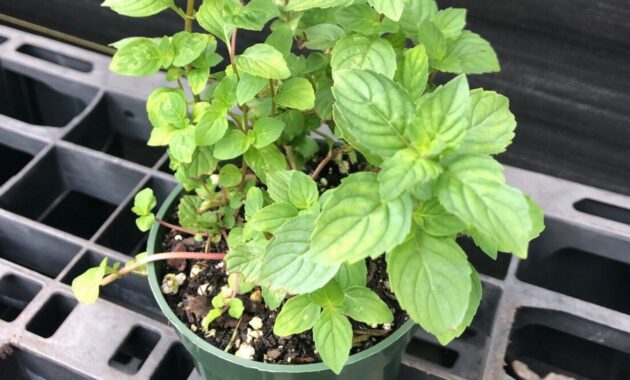
Mentha dahurica Plant Identification
Mentha dahurica is a perennial herb with upright, square stems. It has dark green, serrated leaves that are often covered with fine hairs. The plant produces small, purple flowers that bloom in the summer.
Conclusion
Mentha dahurica is a valuable herb with a rich history of traditional use. It offers a wide range of health benefits and can be used in various ways, from culinary to medicinal. Whether you’re looking to improve your health, enhance your cooking, or simply add a beautiful plant to your garden, Mentha dahurica is an excellent choice.
FAQs
- Is Mentha dahurica safe to consume?
Yes, Mentha dahurica is generally safe to consume in moderate amounts. However, it is important to consult with a healthcare professional before using it, especially if you are pregnant, breastfeeding, or taking medications. - Can I use Mentha dahurica essential oil topically?
Yes, Mentha dahurica essential oil can be used topically, but it should be diluted with a carrier oil to avoid skin irritation. - How often can I drink Mentha dahurica tea?
You can drink Mentha dahurica tea once or twice a day. However, excessive consumption may lead to side effects like stomach upset and dizziness. - Can I grow Mentha dahurica indoors?
Yes, Mentha dahurica can be grown indoors in a pot. Place the pot in a sunny location and water it regularly. - What are some common side effects of Mentha dahurica?
Common side effects of Mentha dahurica include stomach upset, dizziness, and allergic reactions.
